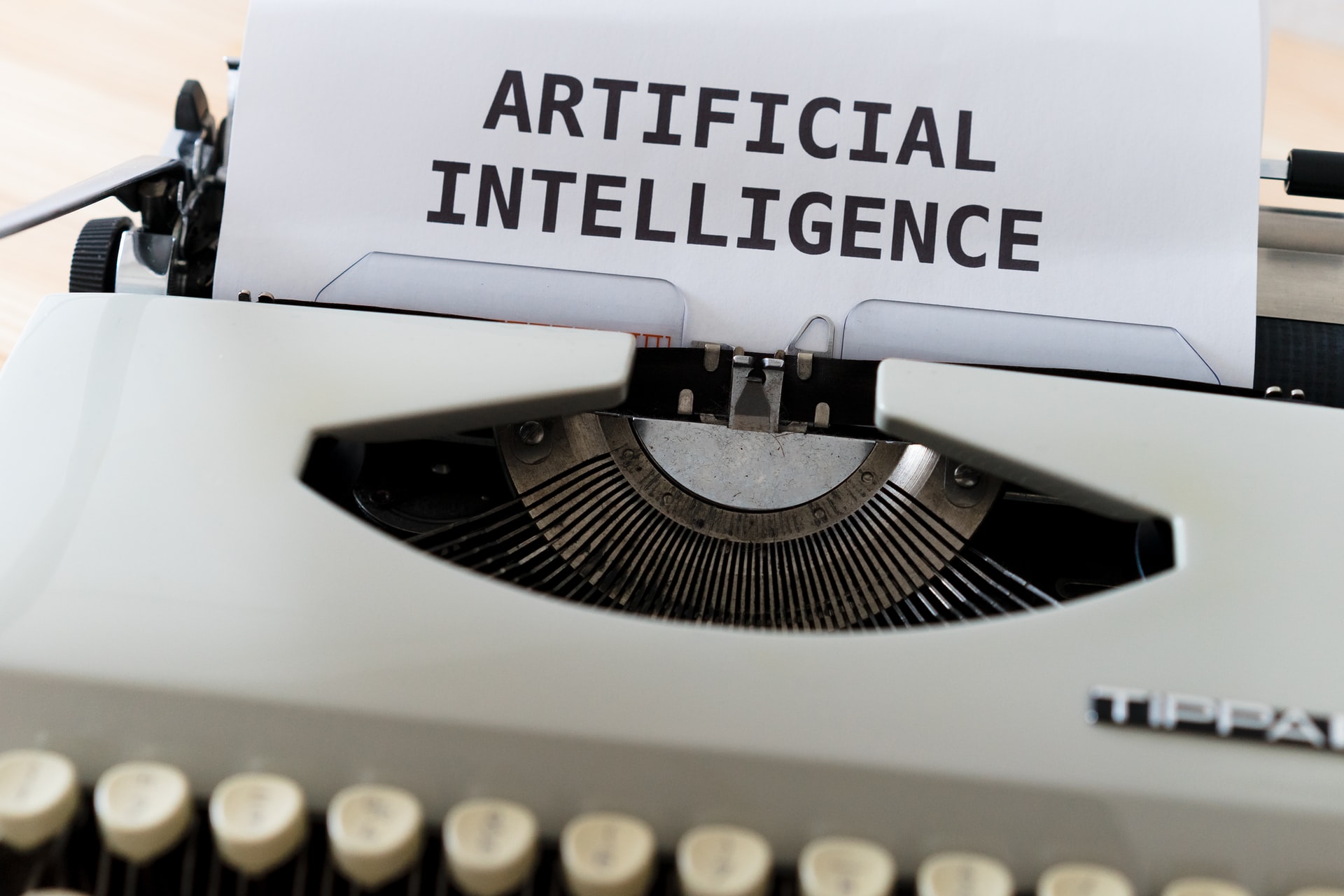December 12, 2020 - 2 min read
What is Artificial Intelligence?
An answer to an ever ending question.

Artificial Intelligence or A.I. wakens mixed feeling in most of us. The expression was coined at a workshop at Dartmouth College in 1956 by John McCarthy (source: Wikipedia). Since then, a lot has changed and these two words do generate massive amounts of misunderstanding as many use them with different meanings understanding and intentions.
Like data scientists are likely to have very different job scopes in different companies, so does AI.
I do like french’s Larousse dictionary definition, that I translate here:
Artificial intelligence is a set of theories and techniques that aim at creating machines able to simulate intelligent behavior.
This is informative but, if I were to simplify it even further I would go for:
Artificial intelligence is a way to make computers act smart.
It is already difficult to define intelligence: ability to achieve complex tasks? ability to “think”? capacity to collect knowledge and put it to use? Even if it is a bit obscure, one can agree that we recognise multiple levels of intelligence. This is the same for artificial intelligence.
Weak AI, which is the only AI that we currently have, is very accurate at precise but somewhat limited tasks. Strong AI represent a dream for some, a nightmare for others in which AI is brought to “human level” intelligence.
If there are levels, how do you measure that you actually reached a higher one? A classic test is the so-called Turing test in which a human would not be able to distinguish a human being from an AI in a text-based conversation. Even if we make progress in this respect, we are not there yet.
AI is also a buzzword, what many do not realise is that what it entails is huge. For professionals in the field, when one says AI, these are the subjects that come to mind:
- Maths (statistics, models, linear algebra, calculus).
- Computer science, especially programming, algorithms.
- Data science: everything that relates on the gathering, processing and use of data.
- Machine Learning that builds on the three above (supervised, unsupervised), reinforcement learning.
- Robotics - in its broadest understanding, AI deals also with the capacity to detect the state of the environment and interact with it.
- Scientific method and general science background.
- Some understanding of how “natural intelligence” works i.e. neuroscience.
- Some level of philosophy / ethics.
This is why many professionals wince when they are told about AI because they know it is not realistic to be deeply knowledgable about it all.
On the flip side, one is less likely to engage people if the talk is about maths or data cleaning. A story needs to be told in order to promote a tool that is changing how our societies and companies work. Even if AI is probably not the perfect expression, I think it is a “necessary evil”.